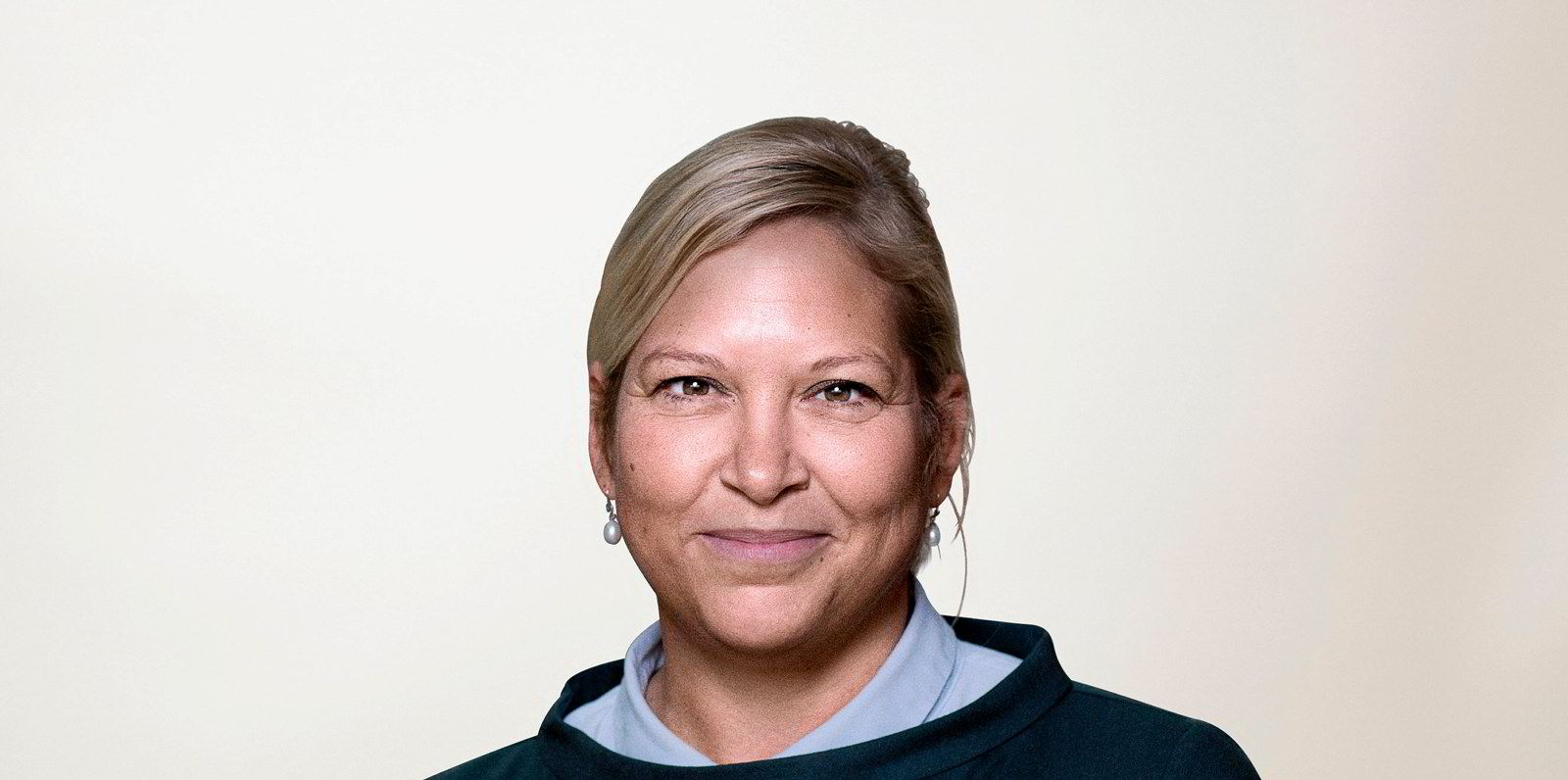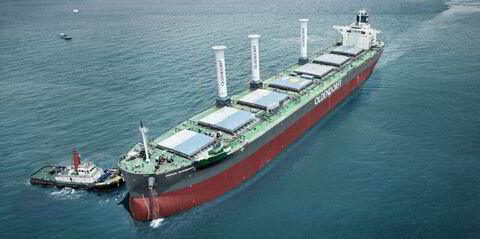As investment guru Sir John Templeton famously said: "The four most expensive words in the English language are: 'This time it's different.'"
Shipping's history is littered with the financial skeletons of entrepreneurs who rashly thought they could beat the market in the next cycle and extract an extra cent or two on the dollar from shippers.
But this time things may indeed be different, with shipping's customers showing an appetite to pay a marginal premium to help clean up the carbon pollution the industry produces.
At least that is the conclusion of an interesting piece of research from Boston Consulting Group (BCG) which found that a majority of shippers are already willing to consider paying a premium for carbon-neutral shipping.
Positive news
Ahead of the United Nations' next landmark COP26 meeting — which starts in Glasgow at the end of this month — that is positive news indeed.
The research showed that 71% of customers understand they will have to shoulder some of the estimated $2.4trn cost of shipping hitting a net-zero carbon target by 2050 — a target to which an ever-growing group of more progressive shipowners and operators are committing.
And 61% of the 125 shippers questioned by the global consulting giant's shipping team expect to be more willing to pay a higher premium in the future.
The less rosy news is that while there is a willingness to pay, the average premium offered would be just an additional 2% on current freight prices. And 29% of shippers polled remain reluctant to dig into their pockets at all.
Sitting down with two of the report's authors in central London this week, it was interesting to hear their confidence about the building momentum and appetite in the industry for change, and that aiming for net zero by 2050 is no longer just an aspiration of the progressive vanguard.
It is no longer a question of whether or why shipping should decarbonise, they believe. The only question now is how.
'Code red'
Ulrik Sanders, the BCG senior partner who leads its 150-strong shipping team from their Copenhagen base, and partner Peter Jameson, are clear the report's findings underline the business case for owners, operators and asset managers to get to grips with the climate "code red" challenge.
Risk is only going to increase for shipowners who continue not to engage, Jameson said. But they can do things now to start mitigating that risk and build new opportunities.
From their research, Sanders and Jameson see a powerful triangulation of companies' transition strategy built around three pillars: developing low-carbon business, climate proofing operations and engaging transparently with stakeholders.
While legislation is the dominating reason shippers are willing to consider paying a decarbonisation premium today — and is expected to remain the most important driver in the next five years — pressure to cut carbon from shippers' own customers is seen as growing strongly in the next five years.
But that does not appear to dampen the momentum. Among the shippers who expressed a high willingness to pay a premium, some 72% said they would expect carbon-neutral shipping to be a way to achieve a competitive advantage over their rivals.
Counter-intuitive
Against expectations, across all industries those most willing to pay a premium were not the producers of high-value consumer goods but were in the basic materials sectors who are among those emitting the most carbon themselves today and so are more exposed to the potential of regulation and carbon taxes.
Sanders, who leads BCG's influential shipping benchmark initiative, or SBI, and who has been a pioneer of digital transformation in shipping, sees opportunity for companies to benefit from greater collaboration in many forms, from advocacy and research, to acting as incubators to opening new channels of finance.
Due to the huge sums required to fund the transition — not only in operational and technological efficiency, but also in future fuels — a clear decarbonisation strategy will be vital to unlock finance.
By 2030, it is estimated that of the total $153trn of assets under management by funds worldwide, about 80% to 85%, or $125trn, will be in ESG funds only open to those with good governance and environmental standards.
Back to the present, and Jameson is confident that shipping will send a strong signal to COP26 that net-zero shipping is within reach by 2050, and that in turn, COP26 will send its own strong signal to member nations of the International Maritime Organization as they meet later this year to finalise its updated global decarbonisation framework for shipping.
"There is no time to waste," he said. Perhaps, just perhaps, this time will indeed be different.







